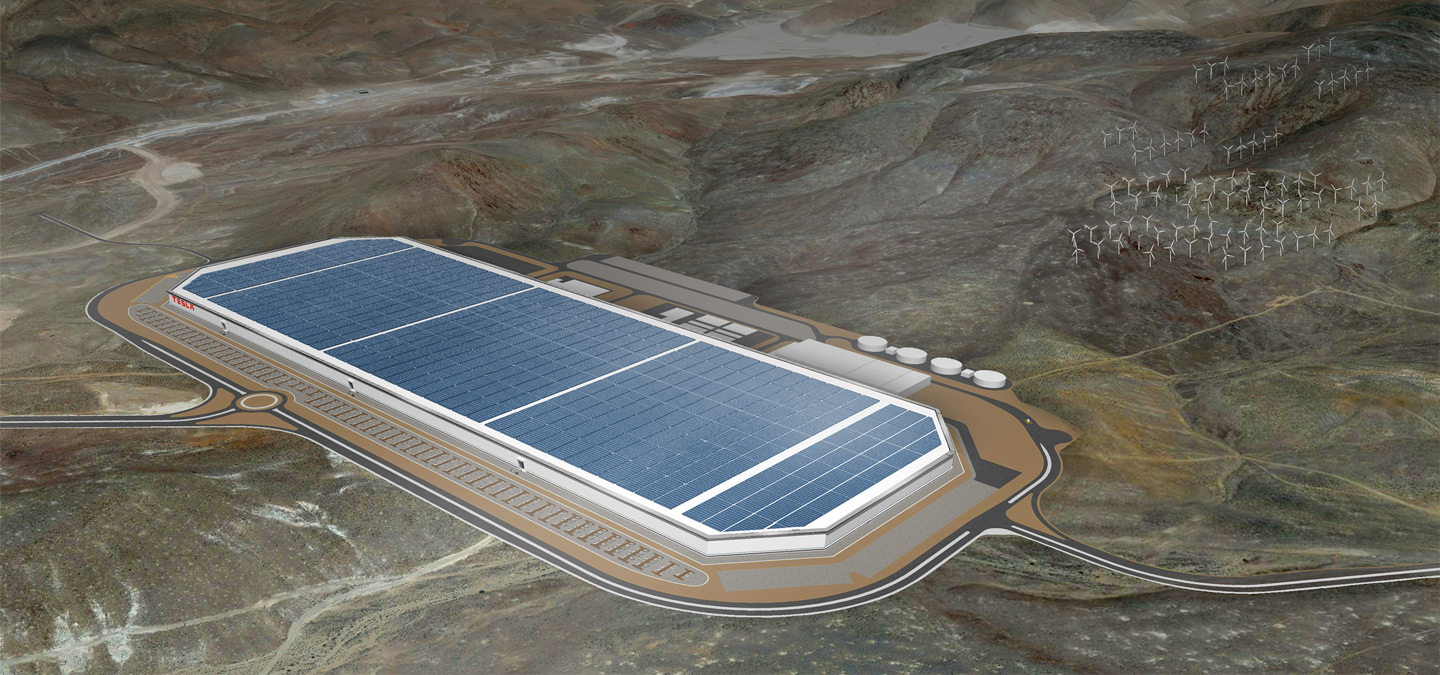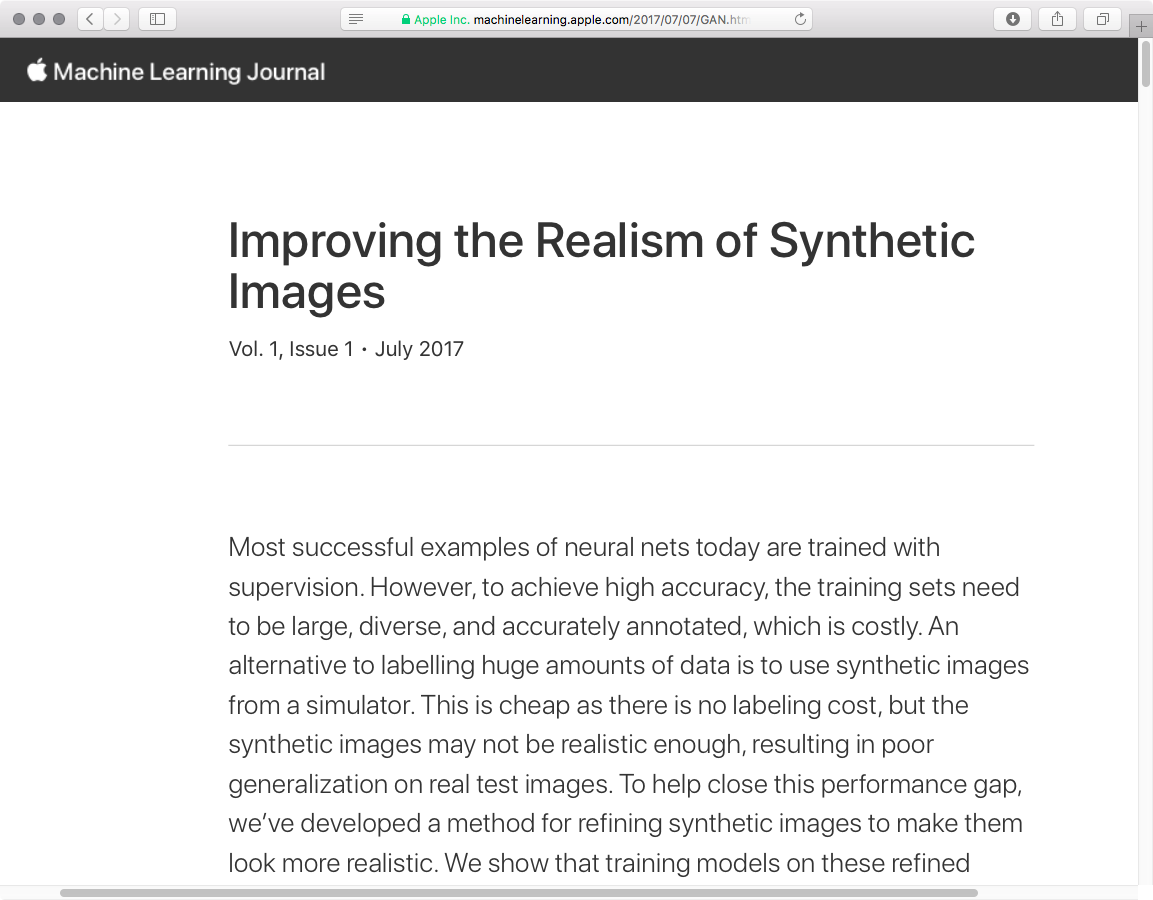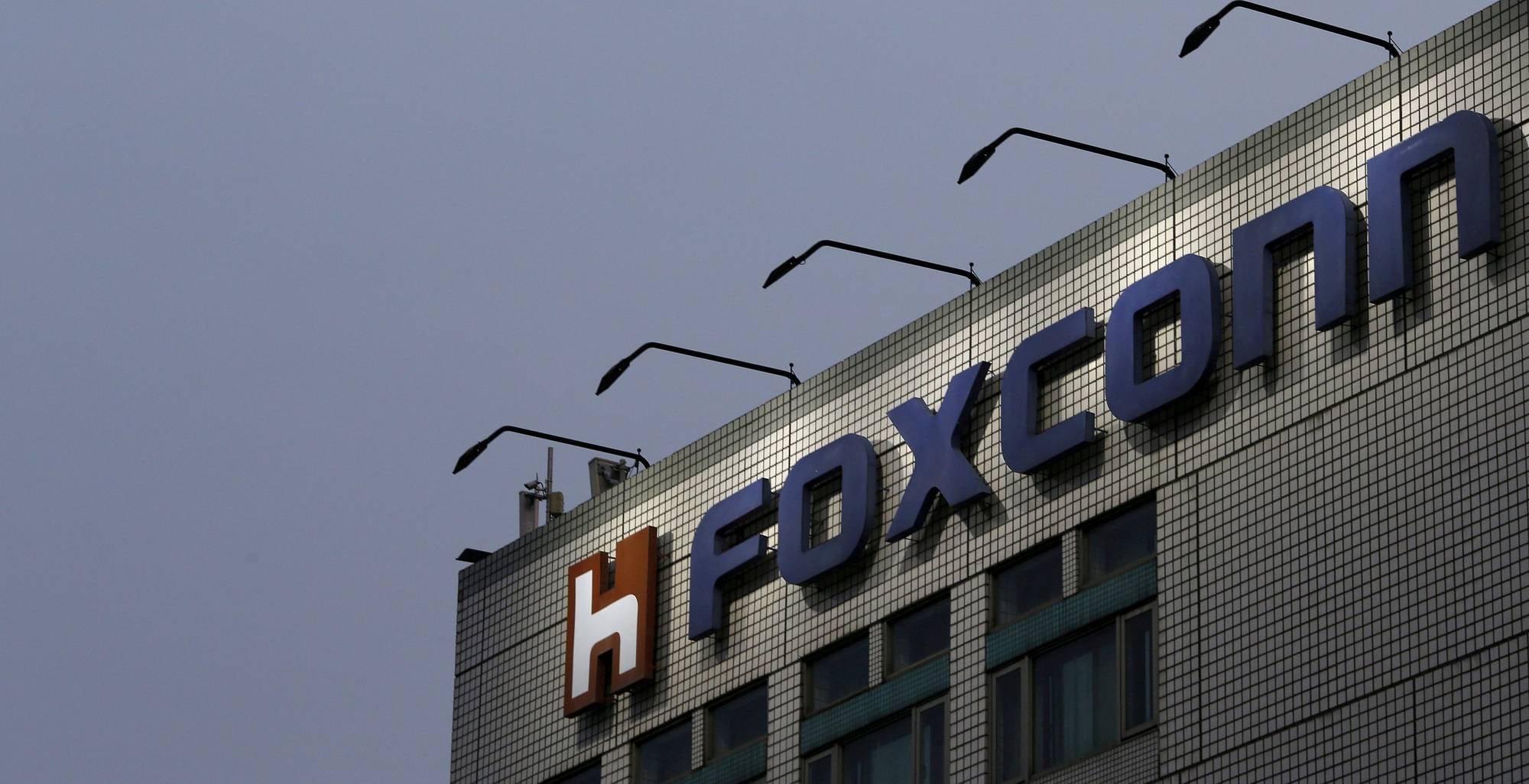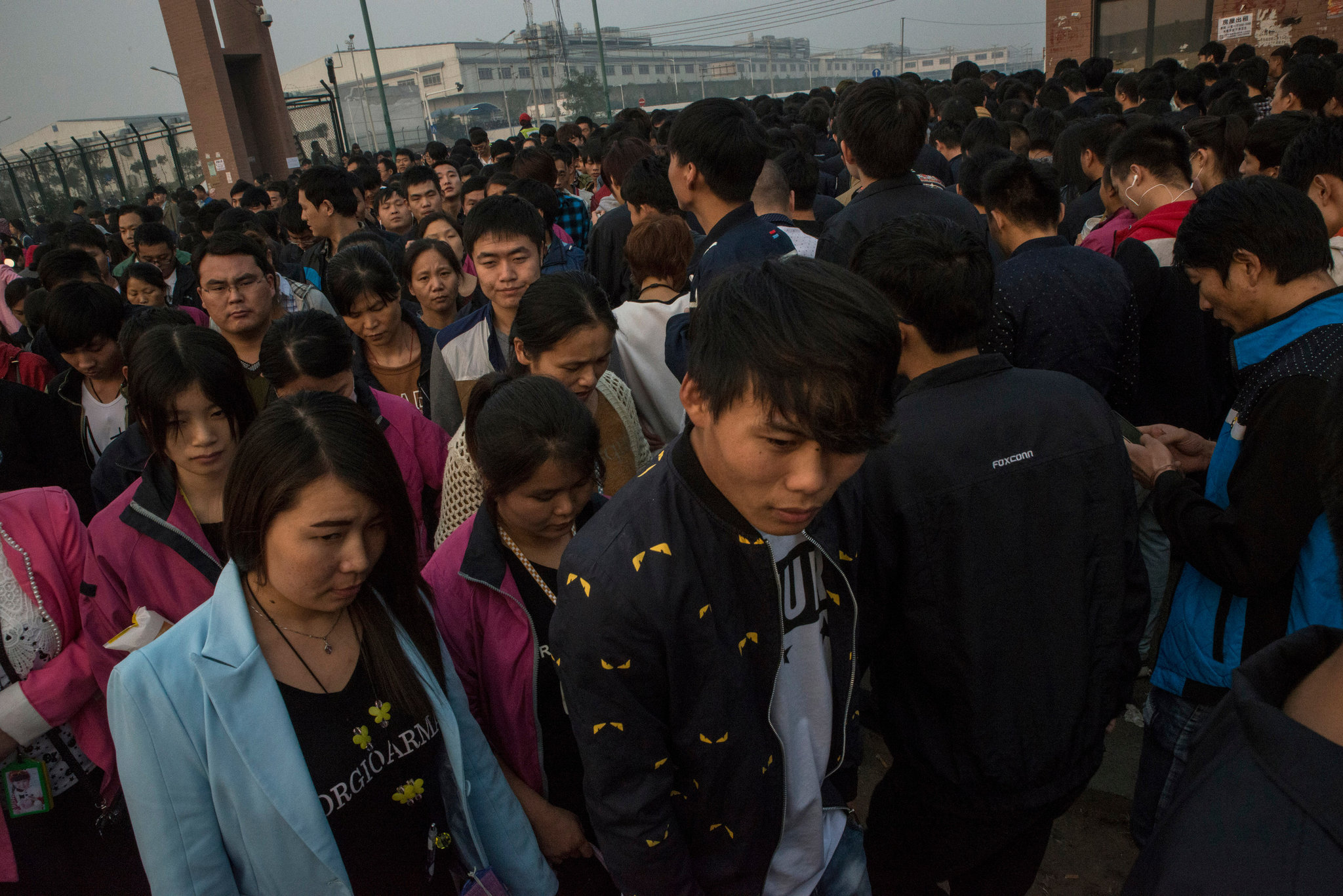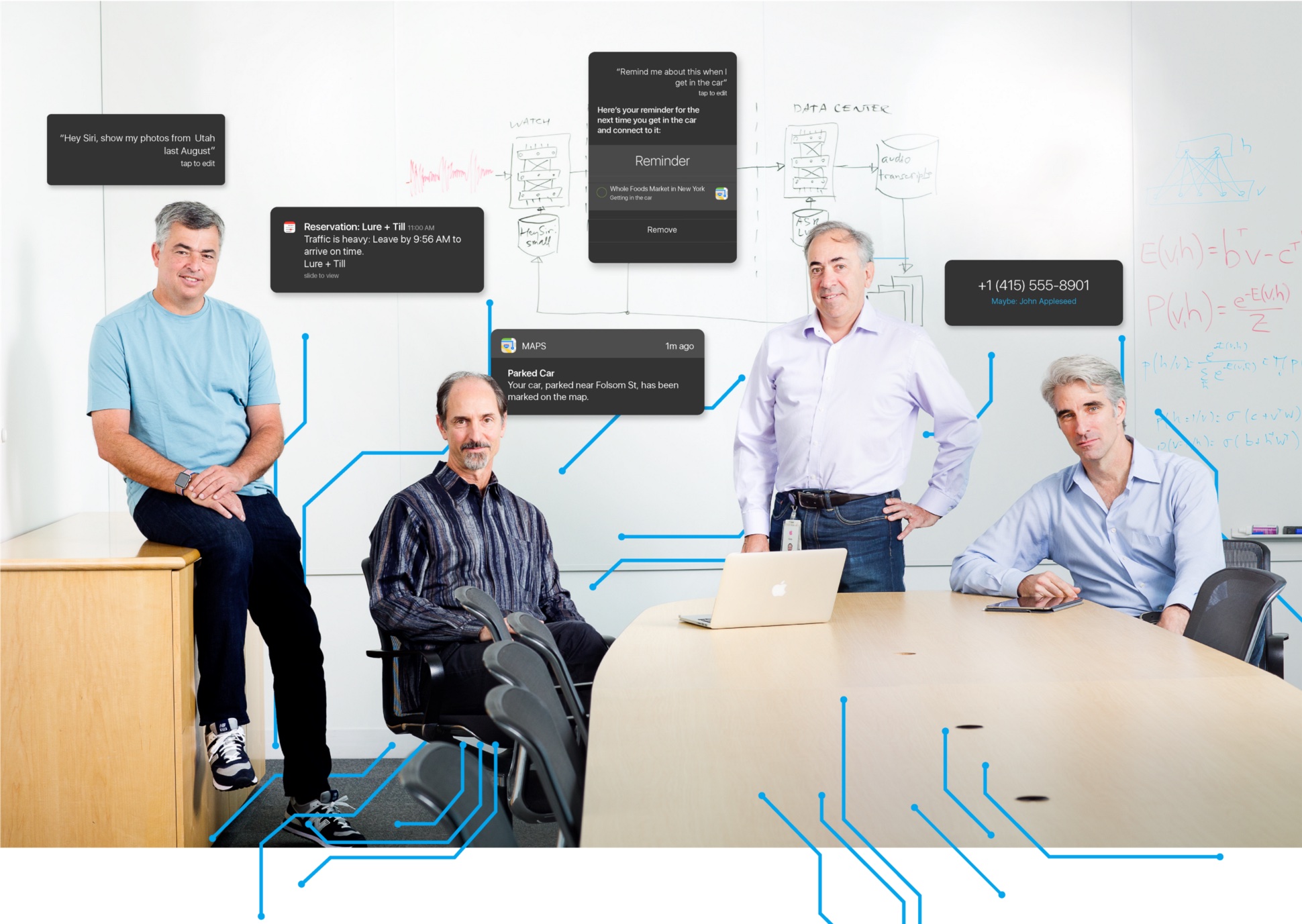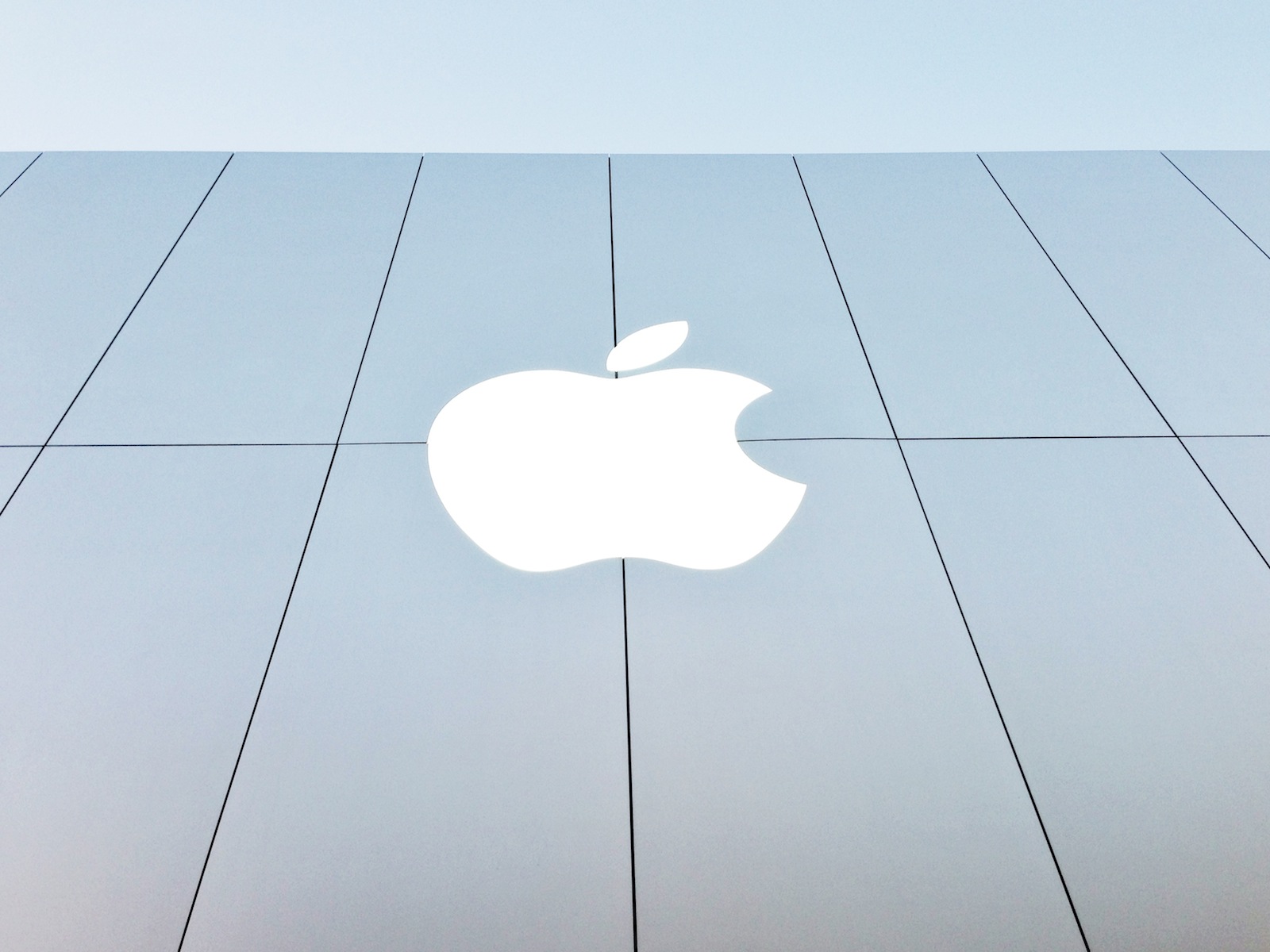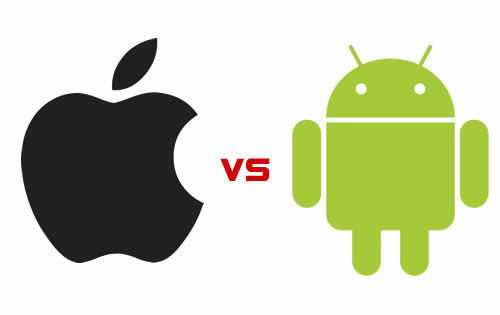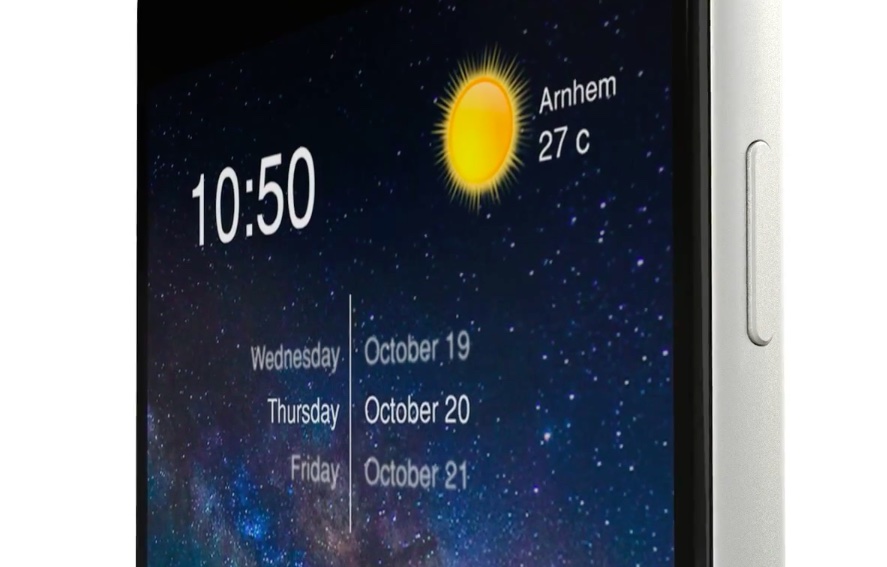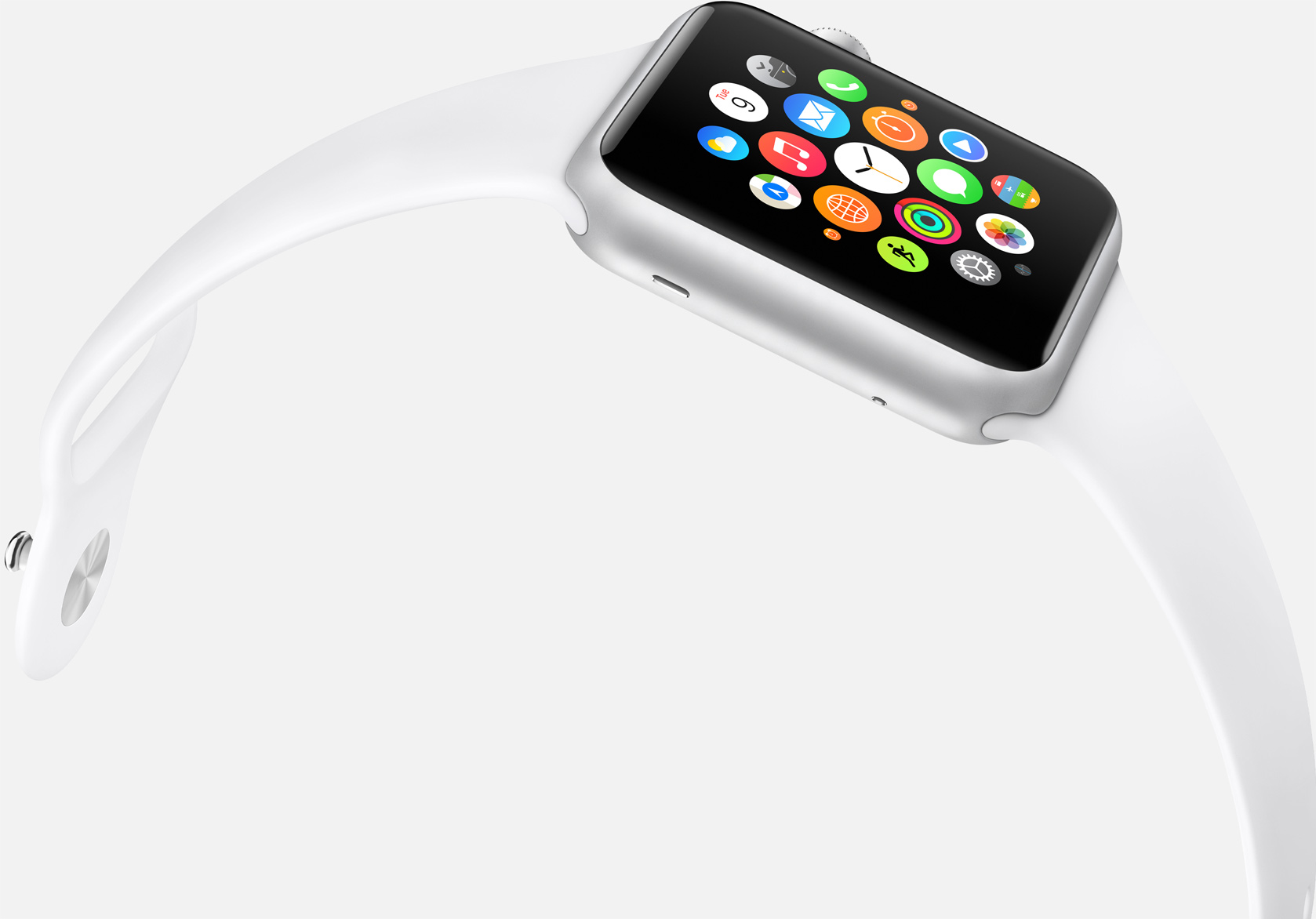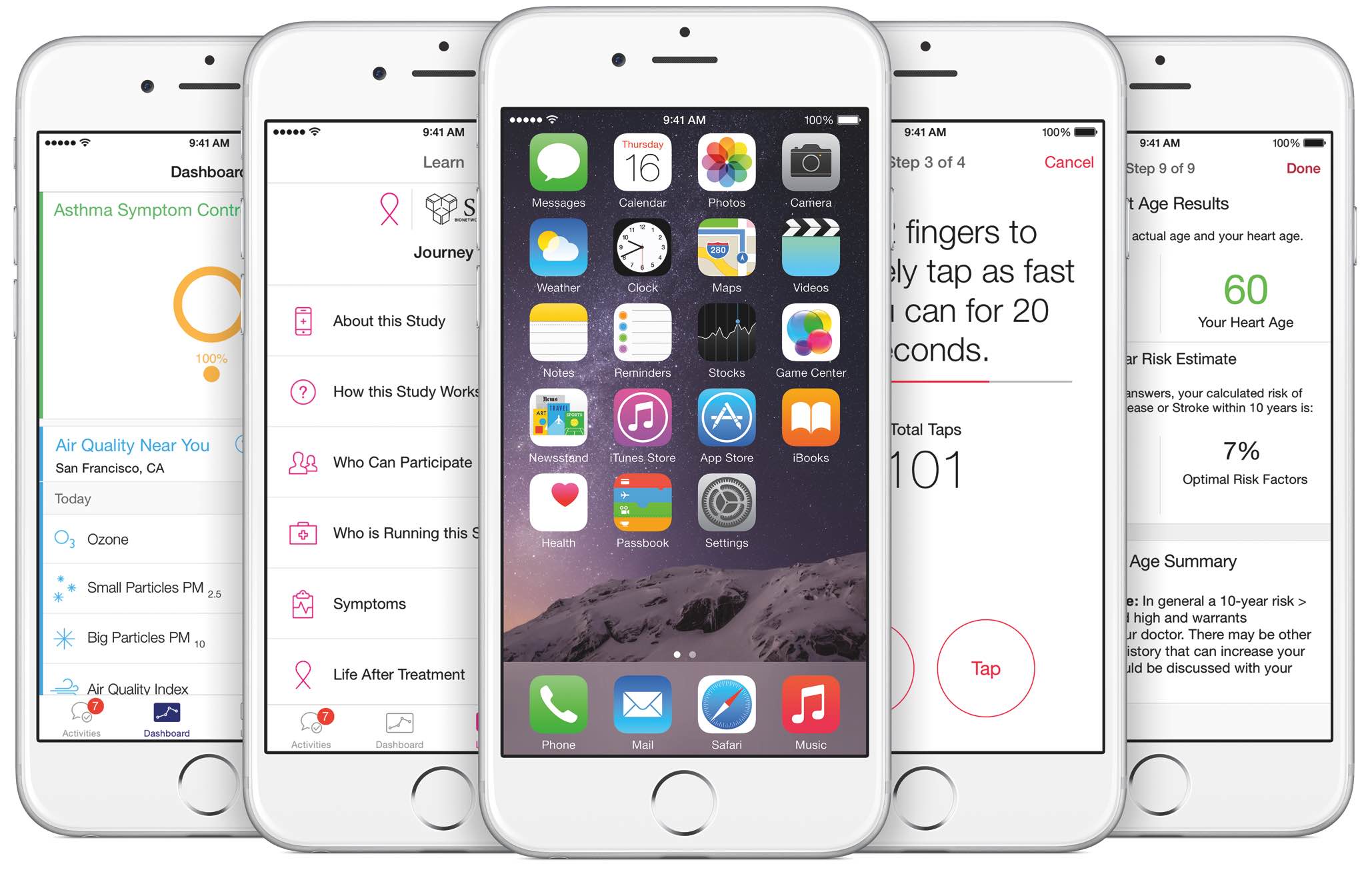Tesla is building its massive Gigafactory in order to reduce the production cost for their electric vehicle battery by thirty percent and now Apple is rumored to be secretly working on automotive battery research and development though no specific details were provided.
According to a report Thursday by Shanghai-based news outlet Yicai Global, Apple partnered with Chinese battery maker Contemporary Amperex Technology Limited (CATL) on the project.
The publication speculates that the move could indicate that Apple’s car project involves not only autonomous driving software but also hardware. The two companies are working together on “a scheme”, based on a confidentiality agreement, in the field of batteries.
“If Apple is working with CATL on a battery, the possibility that Apple will continue to make cars cannot be ruled out as one of the core components of self-driving electric cars is the battery,” CCID Consulting’s New Energy Director Wu Hui told the outlet.
Another, less likely explanation could be that Apple may be planning to sell batteries of its own to makers of electric vehicles, or directly to consumers to power their homes. Because no specific details were provided, we can even speculate that these batteries could be used in Apple's data center, stores and other corporate facilities.
Here's drone flyover of Tesla's Gigafactory site, courtesy of Duncan Sinfield.
https://www.youtube.com/watch?v=BkbA2FnQSpk
Founded in 2011, CATL is a spinoff of Amperex Technology Limited.
In 2012, a report claimed that Apple dropped Samsung and switched to Amperex for iPad and MacBook batteries. However, Amperex is nowhere to be found on the February 2017 list of Apple suppliers, and neither is its parent company.
Amperex produced a replacement battery for Samsung's ill-fated Note 7, but it too was plagued by a manufacturing issue that could cause it to catch fire due to the welding defect.
Rendering: Tesla's Gigafactory 1 outside Sparks, Nevada.
